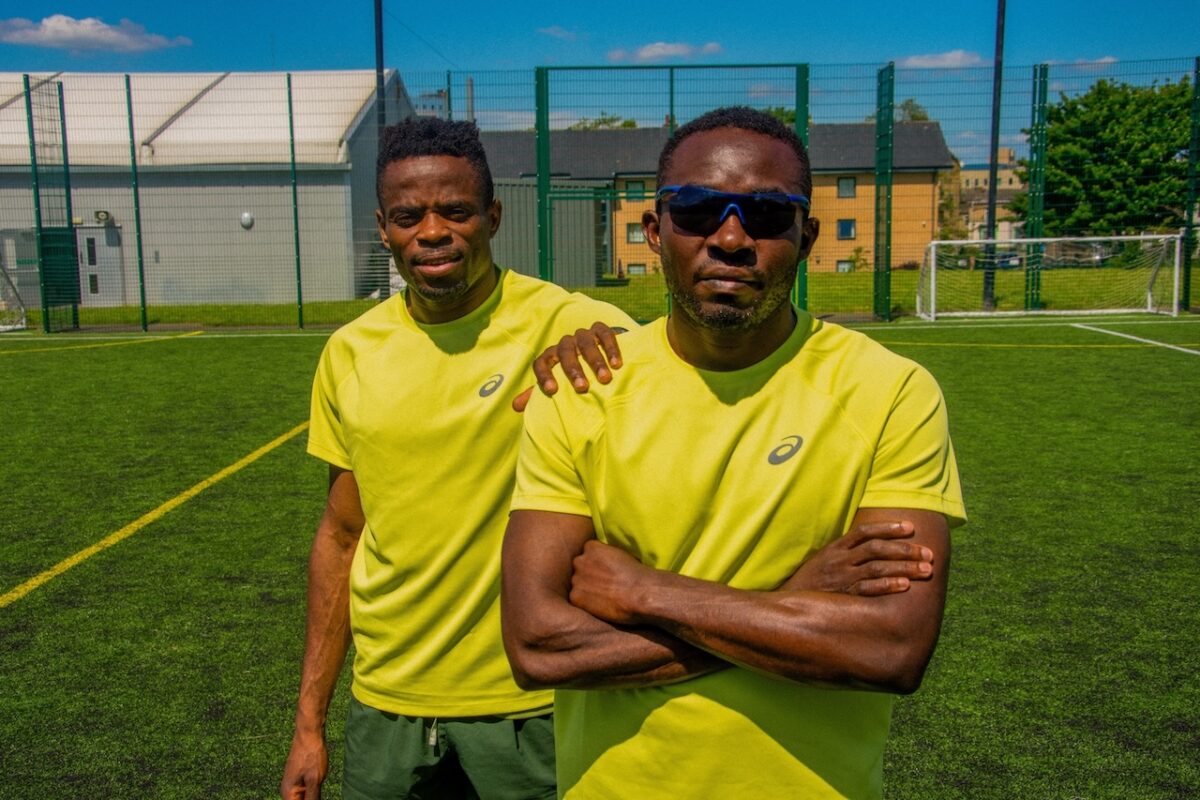City & Guilds’ Latest Annual Neurodiversity Index 2024

Half of neurodivergent people miss work due to lack of workplace support, says Neurodiversity Index 2024
Half (50%) of employees surveyed in City & Guilds’ latest annual Neurodiversity Index 2024 say they have taken time off work because of their neurodivergence.
36% report not having received any guidance or support for adjusting their workplace setting, while 20% are still waiting for adjustments to be put in place.
Only 49% of organisations surveyed state that disability and inclusion policies are important to them – down from 53% in 2022.
City & Guilds’ annual Neurodiversity Index, published today following a government-backed review of autism employment, and ahead of Neurodiversity Week, shines a light on the challenges faced by neurodiverse people in the workplace, with half of those surveyed having been off work last year due to their condition.
The second edition of the annual Neurodiversity Index, published by City & Guilds Foundation in partnership with Do-IT Solutions, surveys over 600 individuals and organisations. The findings show that 36% of neurodivergent employees do not receive any guidance or support in their workplace setting, while 20% are still waiting for adjustments to be put in place.
The report underscores the real-terms impact on productivity caused by a lack of workplace support. Survey respondents report regular cycles of burnout, as well as out-of-hours work to make up for time spent managing their conditions during the day.
Despite this, of those surveyed, under half (49%) state that disability and inclusion policies are important to them, down from 53% last year.
However, the report also shows gradual year-on-year progress in certain key areas:
- 40% of organisations surveyed have alternative application processes in place, up from 35% last year.
- 44% of organisations have neuro-inclusive strategies in place, compared to 34% last year.
- There is a 7% increase in the number of organisations with a neuro-inclusive commitment in place. However, 1 in 3 workplaces surveyed, lack a central commitment.
A new section in the 2024 Index investigates the impact of work on parents’ ability to provide adequate care for their neurodiverse children. While 28% of organisations report not having made any accommodations for the parents of neurodiverse children, 33% say they have plans to introduce these in the future.
Building on recent recommendations from the Buckland Review of Autism Employment, a government-backed review into inclusion for autistic people in the workplace, the Neurodiversity Index recommends:
‘Baking in’ inclusive practice during the hiring process, from making job descriptions accessible to providing questions before an interview and comprehensive onboarding.
Adopting ‘Neurodiversity Champions’ in the workplace to model best practices, provide a first port of call for colleagues seeking advice, and boost representation.
Rolling out mandatory neuro-inclusion training for all managers and senior leaders to ensure it is considered in organisational decision-making.
Ensuring that physical, technological, and communication accommodations are in place to support all employees to access every aspect of the workplace.
Kirstie Donnelly MBE, CEO of City & Guilds, says:
“The findings in this year’s Neurodiversity Index reinforce the message that many employers could go much further in taking neurodiversity seriously and providing adequate workplace support for those who need it.
“As an organisation committed to skills development, we really want to see employers look at these findings and do more to support their neurodiverse employees. By incorporating more training, staff can become better educated and use those learnings to listen to neurodiverse employees and make reasonable workplace adjustments.”
Amanda Kirby, CEO, Do-IT Solutions says:
“We are very excited and proud to be partnering with City & Guilds Foundation for the launch of the second Neurodiversity Index.
“Building on what we learned last year, it’s great to see that some things have improved but it’s clear that the challenge remains for many neurodiverse people in the workplace. I’m also pleased to see the Index has highlighted the negative impact that the end of home working is having on parents of neuro-diverse children, who need more flexibility.”











Responses